📘 General Knowledge (GK) for BPSC, CSS, PMS, PPSC & KPSC Exams
Table of Contents
Introduction: Why GK Matters in Competitive Exams
🔎 Largest, Smallest, Longest & More – High-Yield GK Facts
📚 Books & Authors: Match the Masterpieces
📜 Constitutional & Political Terms You Must Know
🌟 Famous Global & Pakistani Personalities
🏅 Pakistan’s ‘Firsts’ – Male & Female Breakthroughs
📅 What Days & Months Mean – Origins Explained
🧮 Roman Numerals Simplified for Exams
🏙 Old Names of Pakistani Cities – Historical Insights
💡 Inventions & Inventors – GK Essentials
📋 Additional Repeated GK Topics You Can’t Miss
🧠 Exam-Wise GK Prep Strategy: CSS, BPSC, PMS, etc.
✅ Revision Tips: Maximize GK Across Subjects
❓30 High-Yield GK Sample Questions & Answers
🧩 FAQs: Optimizing GK Learning for Competitive Exams
🎯 Conclusion & Next Steps: Flashcards, Tests & More
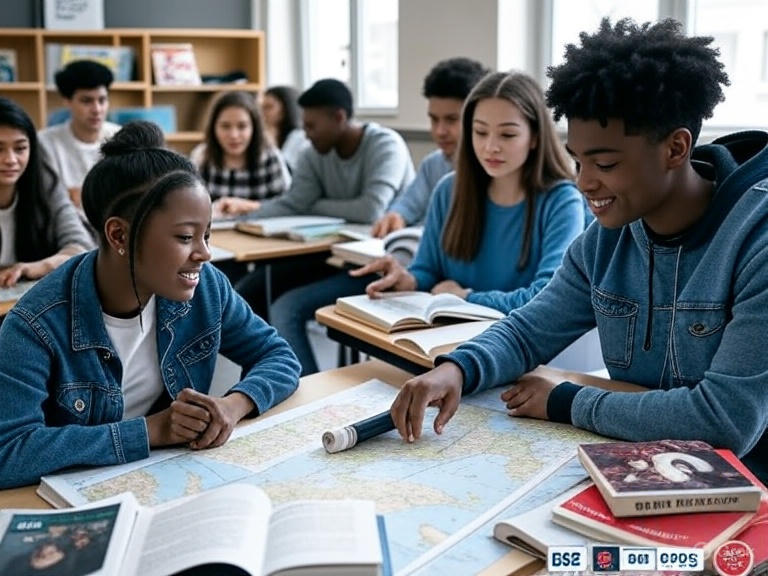
1. Why GK Matters in Competitive Exams
In exams like CSS, BPSC, PMS, PPSC, and KPSC, GK often contributes 20–30 marks and includes both objective and subjective formats. It tests both static knowledge (like largest lake, first female minister, Roman numerals) and current affairs. A strong GK score can significantly influence your ranking and is often a deciding factor in interviews.
2. Top Repeated GK Categories
🌍 Largest / Smallest / Longest / Shortest / Deepest / Highest
The most frequently asked static GK facts include:
- World:
- Largest country: Russia
- Smallest country: Vatican City
- Longest river: Nile
- Highest peak: Mount Everest
- Deepest trench: Mariana Trench
- Pakistan:
- Largest province: Balochistan
- Smallest province: Khyber Pakhtunkhwa
- Longest river: Indus
- Highest peak: K2
These stalwarts repeatedly appear in exam papers—grasping them is essential.
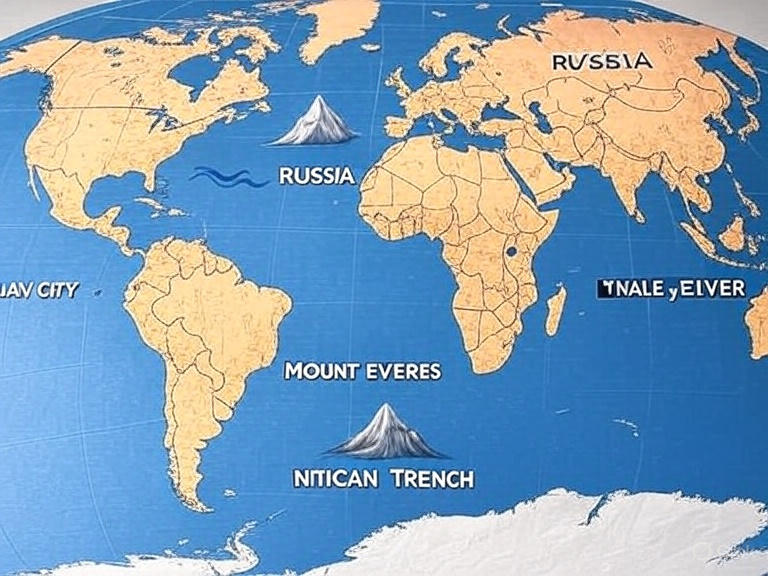
📚 Books & Authors
Common MCQs include linking famous books with their writers, like:
- “Long Walk to Freedom” – Nelson Mandela
- “Midnight’s Children” – Salman Rushdie
- Works by Gandhi, Shakespeare, Marx, Nehru, Ruskin, and others are regularly featured
Make sure you can match titles like “Communist Manifesto”, “Canterbury Tales”, or “Odyssey” with their authors.
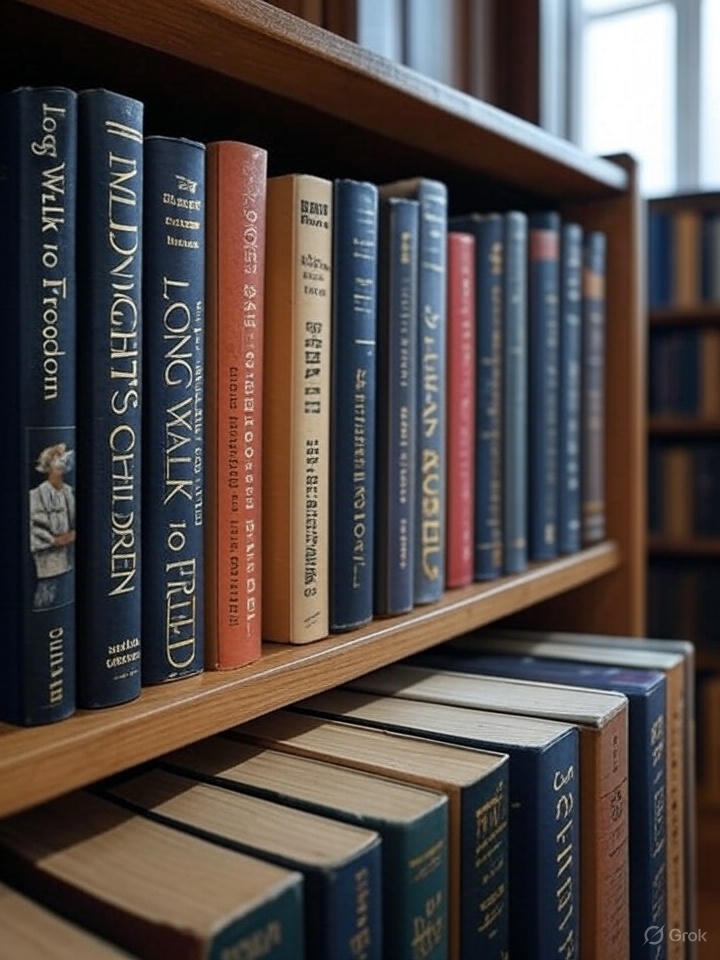
🔍 Constitutional & Political Terms
Key definitions and articles you need to know:
- Concurrent list, filibuster, no-confidence motion, ordinance
- Core articles from Pakistan’s 1973 constitution (e.g., Article 1—Name & territory)
Such terms frequently edge into written answers and interview discussions.
🌟 Famous Personalities
GK regularly features:
- Global icons: Alexander Fleming, Christopher Columbus
- Pakistani figures: Fatima Jinnah, Malala Yousafzai, first female Chief Justice
- Award winners, scientists, freedom fighters
Keep those names, life spans, and achievements fresh.
🏅 Firsts in Pakistan
These “first-of-its-kind” facts are frequently tested:
- First female fighter pilot: Saira Batool
- First female federal minister: Begum Mahmooda Salim Khan
- And trickier ones like first astronaut or scientist
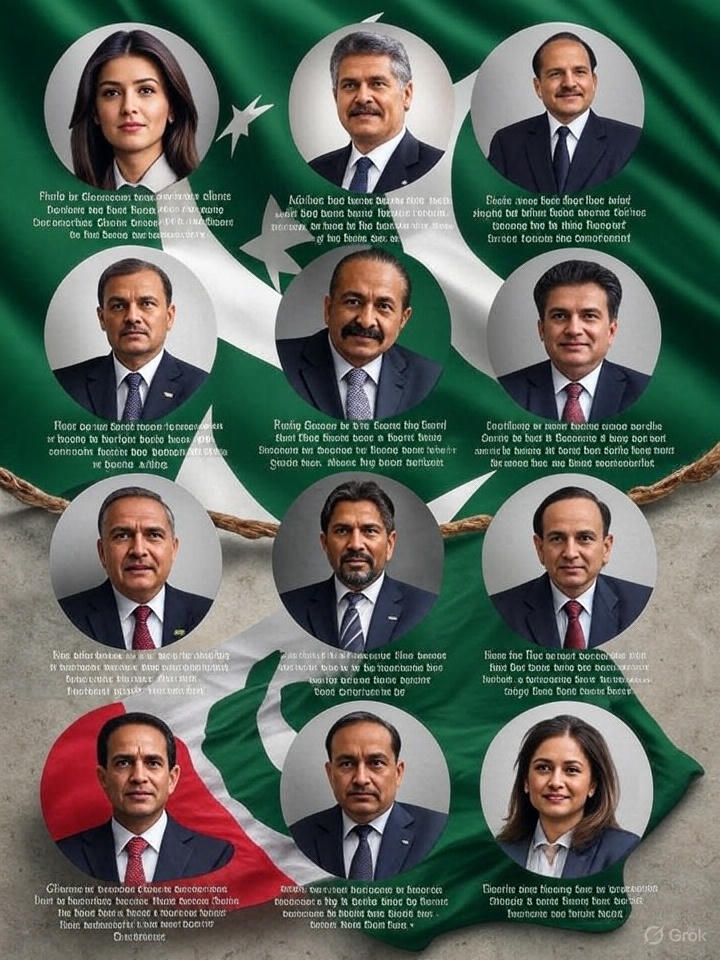
📅 Origin of Days & Months
The stories behind names help in high-yield reminders:
- Monday – Moon’s day
- September – “septem” or seventh in Latin
- Wednesday – Named after Norse god Wodin
🏛 Roman Numerals
Practice conversions; common exam queries include:
- I = 1, V = 5, X = 10, L = 50, C = 100, D = 500, M = 1000
- MCXIV = 1114; MDCLXVI = 1666
🏙 Old Names of Pakistani Cities
Historical city name changes are frequent GK topics:
- Lyallpur → Faisalabad
- Former Karachi known as Kolachi
- Islamabad military roots (Chaklala)
- Sialkot → Sagalgoth, Quetta → Shalkot
💡 Inventions & Discoverers
Classic question patterns involve inventor-product linkages:
- Penicillin – Alexander Fleming
- Transistor – Bardeen, Brattain, Shockley, 1947
- Telephone – Alexander Graham Bell, 1876
- Telegraph – Samuel Morse, Morse Code
Be ready to recall these instinctively.
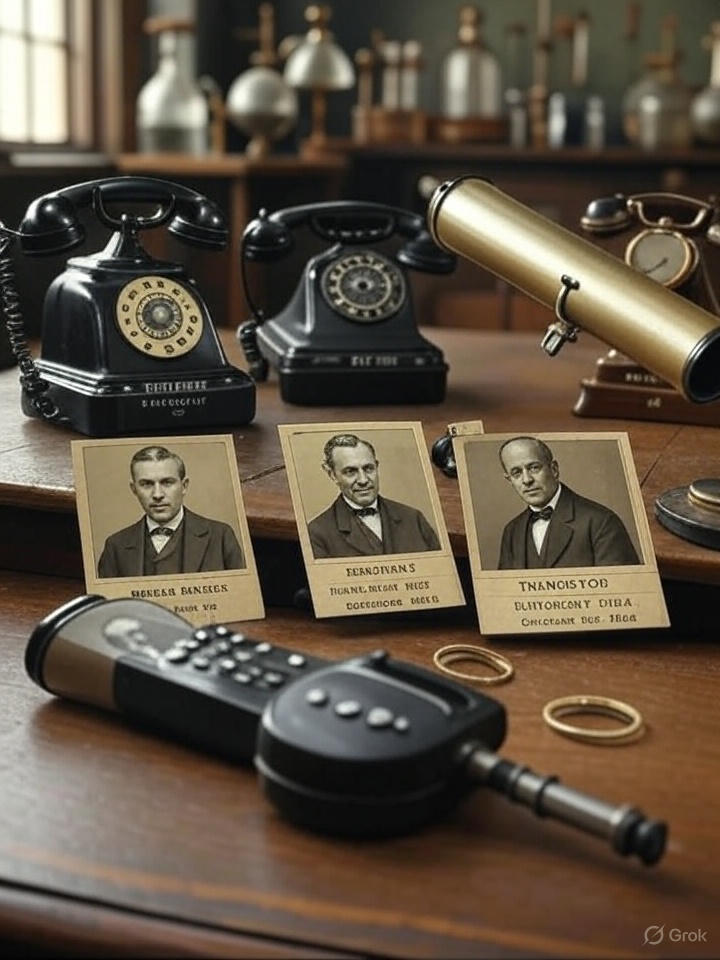
➕ Additional Key GK Topics
Other categories frequently tested include:
- Capitals & Currencies: Myanmar – Naypyidaw; Argentina – Peso
- National symbols: Pakistan’s state emblem, official language & national flowers
- Important Days: World Environment Day, International Women’s Day
- Geographic features, treaties, historical events, and more
Consistent review of these broad categories strengthens overall GK performance.
3. Exam-Wise GK Strategy
| Exam | Key GK Focus |
|---|---|
| CSS | International affairs, global history, political terms |
| BPSC/PPSC | Punjab-specific history, geography, constitutional amendments |
| KPSC | K-P geography, local culture, Pashto figures |
| PMS | Sindh/Balochistan culture, provincial statistics, agriculture |
While overlaps exist, tailor your GK prep to each exam board’s specifics.
4. Preparation & Revision Tips
- Create Themed Flashcards (e.g., “Penicillin → Fleming”)
- Solve Past Papers to identify repetitive patterns
- Use One-liner PDFs for daily memory reinforcement
- Daily GK Quizzes help retain small facts long-term
- Integrate with Current Affairs to create connections (e.g., CPEC & Gwadar Port)
- Mock Tests with Timers simulate exam conditions
5. 30 High-Yield Sample Questions
- Largest country globally? – Russia
- Smallest globally? – Vatican City
- Longest river? – Nile
- Pakistan’s highest peak? – K2
- Old name of Faisalabad? – Lyallpur
- Origin of September? – From Latin for “seven”
- Roman numeral MCXIV = what? – 1114
- Year first underground railway opened? – London, 1863
- Inventor of penicillin? – Alexander Fleming
- Author of “Long Walk to Freedom”? – Nelson Mandela
- Capital of Myanmar? – Naypyidaw
- Operator of Gwadar Port? – PSA Singapore
- APTTA signed in what year? – 2008
- Theme of 2025 Int’l Women’s Day? – Digital All, Gender Equality
- Penicillin inventor? – Fleming
- Horn of a rhinoceros is composed of what? – Keratin
- Which letter is Omicron? – Greek O
- Capital of Jordan? – Amman
- Only country besides USA with alligators? – China
- Number of pairs of human ribs? – 12
- What organ uses nephrons? – Kidneys
- First female fighter pilot of Pakistan? – Saira Batool
- First female federal minister? – Mahmooda Salim Khan
- Harmonica classification? – Aerophone
- Largest coffee producer? – Brazil
- Canada’s highest mountain? – Mount Logan
- “Cockpit of Europe” refers to which country? – Belgium
- Measuring device for electric current? – Ammeter
- Chemical element symbol Ga? – Gallium
- Transistor inventors? – Bardeen, Brattain, Shockley
6. FAQs
Q: Which GK topics are highest-yield for CSS?
A: Focus on static GK categories—Largest/Smallest, Books & Authors, Firsts, Roman numerals, etc.—as they are most frequently reused.
Q: How to memorize old city names effectively?
A: Use mnemonic associations (e.g., imagine Lyallpur’s lily flowers for Faisalabad).
Q: Should I repeatedly revise Roman numerals?
A: Absolutely—convert values daily to make them second nature.
Q: What GK sources should I use regularly?
A: Combine daily news with one-liner GK PDFs and exam prep magazines for best coverage.
Q: How to prepare for GK in interviews?
A: Connect facts to logical arguments, e.g., “PSA-run Gwadar supports CPEC’s trade goals.”
7. Conclusion
- Master the essentials: Largest, Firsts, Books, Political terms, etc.
- Revise daily with flashcards and tests
- Mock timed exams regularly
- Link static GK to current events for interviews
This thematic approach strengthens both memorization and analytical presentation—vital for topping CSS, PMS, and provincial exams.